-
Posts
2,449 -
Joined
-
Last visited
Content Type
Events
Forums
Downloads
Quizzes
Gallery
Blogs
Everything posted by Bandersnatch
-
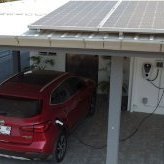
Shocking slump: Thailand’s premium EV sales plunge 35%
Bandersnatch replied to webfact's topic in Thailand News
The problem for EV owners trying to have discussions with EV haters is that they have to spend the whole time fact checking the unsubstantiated rubbish that’s posted. Case in point, your post. Your opinion was based upon owning how many EVs? Ok, so how many have you actually driven? Have you even sat in one then? Not exactly an expert witness then are you. -

Shocking slump: Thailand’s premium EV sales plunge 35%
Bandersnatch replied to webfact's topic in Thailand News
Many of the replies here clearly failed to read the title. This is about Premium EV sales and sources quoted are from BMW. Many replies assume all EV sales are down in Thailand when in fact comparing the first 6 months of 2023 and 2024, EV sales are up. ICE sales are down particularly pickups “Pickups and pickup passenger vehicles took a big hit. In March, pure pickup sales dropped by 45.2%, and pickup passenger vehicles by 46.6%” https://thethaiger.com/guides/automotive/thailand-automotive-sales-in-2024 -
I would recommend buying a BYD domestic solar battery that comes with a warranty and should cost a reasonable ฿5-10k per kWh There are definitely no “old” EV batteries available in Thailand only crash damaged recovered ones. The standard warranty on EV batteries is 8 years with a minimum of 70% capacity remaining. The oldest EVs in Thailand are only 6 years old.
-

Electric Vehicles in Thailand
Bandersnatch replied to Bandersnatch's topic in Thailand Motor Discussion
To avoid confusion The formula for ROI is: (profit minus cost) / cost, expensed as a percentage. The formula for Payback is: initial investment / annual savings, expressed in years In your circumstances, having a small electric bill and not being at home much makes solar a marginal decision at best but I still dispute the 15 years payback as any solar system can be scaled to match the load. -
My solar system has LFP batteries, which are the same chemistry as my BYD Seal. I imported them from China, but in recent years you can now buy similar batteries in Thailand. Regarding using old EV batteries for home use, in Thailand there are just not enough of them available yet. Thailand only started ramping up EV sales in 2019 If you are able to find one you have 2 choices currently, either dismantle the battery to gain access to the individual cells to make a new battery or find a way to communicate with the battery as a pack, bearing in mind many of the components you will need are probably still in the donor car Many of these problems have already been solved for older cars like the Nissan Leaf (which didn’t sell well in Thailand)
-

Electric Vehicles in Thailand
Bandersnatch replied to Bandersnatch's topic in Thailand Motor Discussion
The Nissan Leaf, one of the first EVs that you could buy in Thailand is being phased out resulting in some in some excellent deals as Nissan trys to clear stock. Case in point, you can lease an Nissan Leaf in the US for $20/month So I popped over to the Nissan Thailand website to see what was on offer here. First for some context, Nissan launched the 40kWh Leaf in Thailand for ฿2m back in 2018, when it didn’t sell the price was cut in half I was thinking maybe Nissan Thailand would drop the price to ฿500,000 but with CHAdeMO and no active thermal battery management, you could argue that the 40kWh Neta V would still be a better choice. Turns out Nissan Thailand have actually put the price up -

BYD Seal tips, tricks and help
Bandersnatch replied to macahoom's topic in Thailand Motor Discussion
Seal tire repair. Living in Thailand this is the sort of the job I will never do myself ever again. -

Electric Vehicles in Thailand
Bandersnatch replied to Bandersnatch's topic in Thailand Motor Discussion
Still waiting for a breakdown of your calculations for 15 year payback for solar You claim to have an EV, but no details offered as to which one. Let me help you with your calculations I make a saving on my previous PEA bill and powering my EVs of ฿8k a month let’s assume you save half that ฿4k x 180 months = ฿720,000 So your solar system would have to cost you ฿720,000! Let’s assume you get a quote for a 10:10:10 system Main Components would cost 10,000 Watts of PV @ ฿5/W = ฿50,000 10kWh Batteries @ ฿5k/kWh = ฿50,000 10kW of Inversion @ ฿5k/kW = ฿50,000 Total = ฿150,000 to which you have to add ancillary items like cables, rails, clamps, breakers, combiner boxes plus fitting A supply and fit quote would include mark up on your components as well but even so we are nowhere near ฿720,000 I’m calling bs on your 15 years payback -

Electric Vehicles in Thailand
Bandersnatch replied to Bandersnatch's topic in Thailand Motor Discussion
My car’s battery is designed to push a 2 tonne car at over 100km/hr for 160,000km and after that it is warrantied to still have over 70% capacity left. By comparison when I use it for my home backup I am drawing only a few hundred watts. How is that going to significantly shorten the battery lifespan compared to driving it? I can power my house all night and only use the equivalent of 50km or range. You have to crunch the numbers before making sweeping statements like "reducing the life time of your car battery" -

Electric Vehicles in Thailand
Bandersnatch replied to Bandersnatch's topic in Thailand Motor Discussion
Nice setup. I have found that my BYD Seal is much more efficient at providing backup power than my home solar setup. -

Electric Vehicles in Thailand
Bandersnatch replied to Bandersnatch's topic in Thailand Motor Discussion
The anti EV/PV brigade like to criticize long payback times for solar, but always fail to acknowledge that Payback ignores savings made after payback has been achieved and with solar panels having a working life of 20-25 years they are ignoring a lot of savings. The next line of attack is to criticize payback for not taking into account inflation claiming that future savings are worth less but again failing to acknowledge that electricity costs tend to rise faster than inflation. Case in point we are looking at a potential 44% increase in electricity costs this year. Those of us shifting from ICE to EVs and Solar are looking at increased savings as fuel prices also rise faster than inflation. Currently the Oil Fuel Fund has accumulated losses of over 100 billion baht after subsidizing diesel, gasohol and gasoline prices a situation that is not sustainable. Being an accountant I tend to be 'conservative" (with a small c) and use historic figures so as not to overstate the savings for solar and EVs -

Electric Vehicles in Thailand
Bandersnatch replied to Bandersnatch's topic in Thailand Motor Discussion
-
Did you read any of the earlier posts before posting? Thailand makes too much power at night that's why they sell it at half price. Most EV owners either have solar or a TOU meter. You clearly don't understand levelized cost of electricity by source. If you did, then you would know that Solar and Wind are the cheapest. Crying for "Coal /Gas / Oil/ Nuclear" will put everyone's bill up. "Solar isn't going to cut it" in the tropics? https://en.wikipedia.org/wiki/Cost_of_electricity_by_source
-

Electric Vehicles in Thailand
Bandersnatch replied to Bandersnatch's topic in Thailand Motor Discussion
In addition: self consumption will always provide better value than selling back to the grid unless Thailand changes it’s feed-in rates to allow arbitrage like in the UK Unfortunately this is unlikely as the current flat rate ฿2.2 feed-in scheme has been closed to new customers apparently due to lack of money! -

Electric Vehicles in Thailand
Bandersnatch replied to Bandersnatch's topic in Thailand Motor Discussion
Can you provide a breakdown of your calculation or did you just guesstimate it? My setup: Main Components (at todays prices) 20,000 Watts of PV @ ฿5/W = ฿100,000 36kWh Batteries @ ฿5k/kWh = ฿180,000 20kW of Inversion @ ฿5k/kW = ฿100,000 Total = ฿380,000 Savings: PEA saving (no meter) ฿4,000/month based on my bills from a few years ago (prices might have gone up) Fuel saving for 2 drivers and 2 vehicles and 1 motorbike ฿4,000/month (based on Previous usage using ICE from a few years ago) = ฿96,000/Year saving Payback = 4 Years Based on what I actually paid a few years ago my payback is closer to 6 years -

Electric Vehicles in Thailand
Bandersnatch replied to Bandersnatch's topic in Thailand Motor Discussion
-

Electric Vehicles in Thailand
Bandersnatch replied to Bandersnatch's topic in Thailand Motor Discussion
The Confusing Mess that is Hybrids. I agreed with most what was said in this video below. However, I successfully drove a PHEV as an EV the vast majority of the time and don't know what to make of the claims in the press that many PHEV owners never plug them in. There is a widely quoted study by International Council on Clean Transportation but it never claims that PHEV owners admitted they never plugged in. What it actually says is "The low real-world electric drive share we calculate indicates that many PHEVs are not plugged in daily" which is not the same thing I was also surprised that Toyota's "self-charging" Hybrids didn't get a mention. -

Electric Vehicles in Thailand
Bandersnatch replied to Bandersnatch's topic in Thailand Motor Discussion
Japanese automakers under threat as Thailand shifts to EVs https://youtu.be/56B6m9pkVuw?si=uVC7-g_41bzyg6M3 -
You can set the priorities for your inverter Solar, Batteries, Utility SBU uses solar first to meet the load of the house then tops with some power from the battery, then finally adds from the grid. SUB uses solar first then tops up from the grid and only uses batteries in a power cut. I use USB as I am off-grid and plug my EV into the Utility connection on the inverter. So when I draw from the EV at night there is no solar and I prefer to use my 86kWh EV battery which is much more efficient than my 36kWh home batteries
-
1 PEA unit is 1kWh unfortunately the only way for a solar system to match your household load 24 hours a day is to have batteries which are expensive. Here is a graph of one of my 5kW inverters and you will see that solar ramps up during the day, producing too much power in the middle of the day and requires batteries for 12 hours of night time use. Your PEA Bill tells you how many kWh you use in the month but not when they are used. Many people install solar for daytime use and rely on the grid for night time. Another option is an energy monitoring system that tells you when you are using most power. Here is a video I made about my system: After monitoring you will probably find that with 24 units per day you are probably not using more that 2kW during the day and closer to 500W at night. So a 5kW inverter and 5kW of panels will probably cover most of your daytime load. Sizing a battery system is more difficult if you want to cover 100% of your night time use. Here is a video I made about sizing batteries for solar systems As for costs, I published component costs above, but most people usually go for supply and fit which can be quite a bit more expensive.
-

Shocking surge: Thai electricity tariffs set to spark debate
Bandersnatch replied to snoop1130's topic in Thailand News
I suggest posting the ad in https://aseannow.com/forum/319-alternativerenewable-energy-forum/ and asking for feedback- lots of guys have experience building their own systems and will be familiar with the best brands




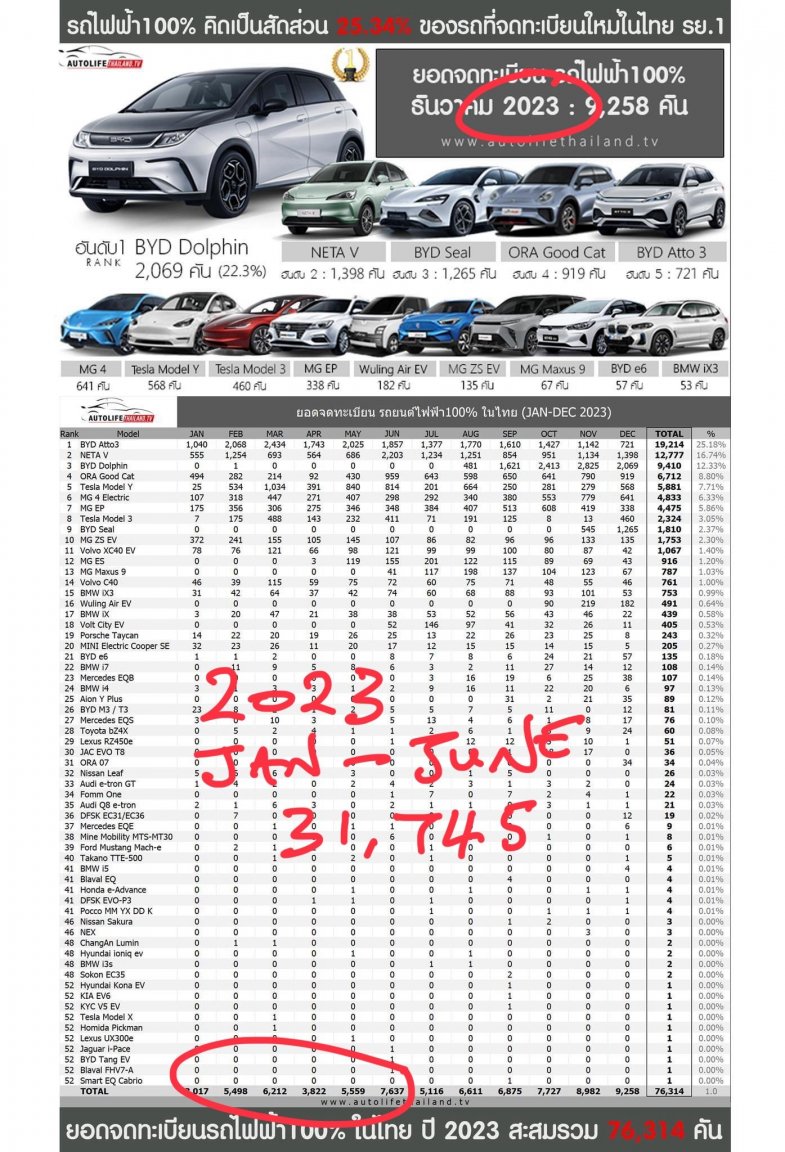
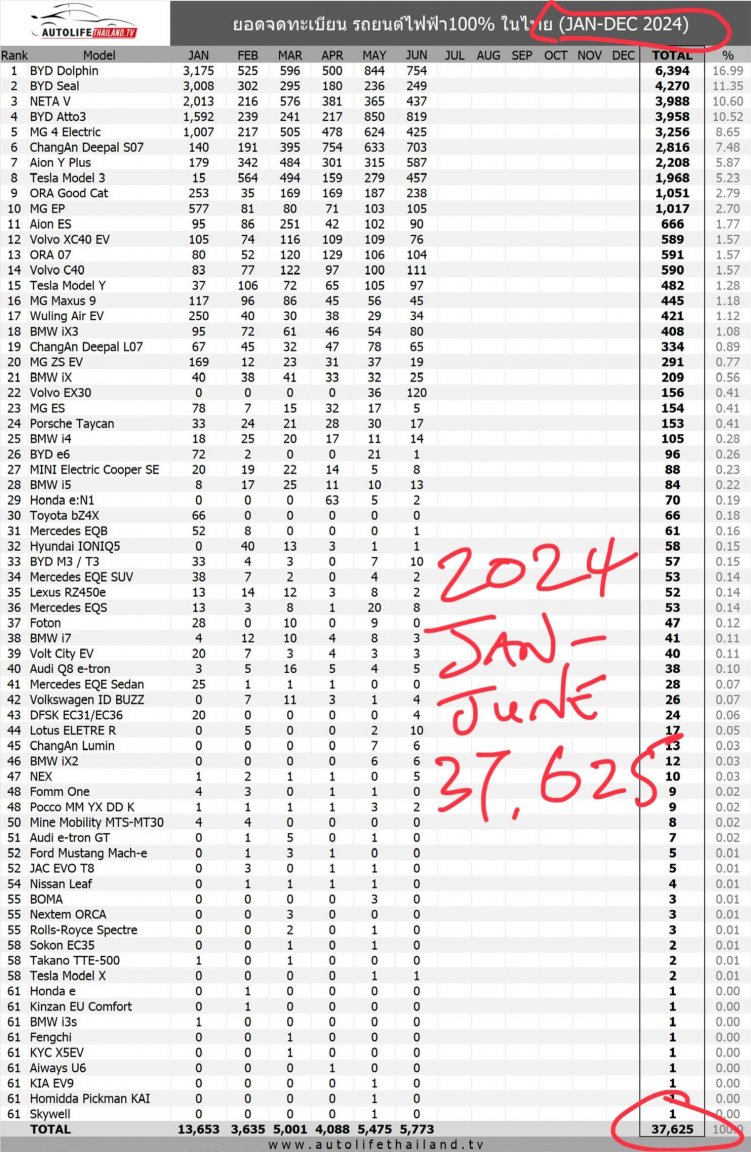

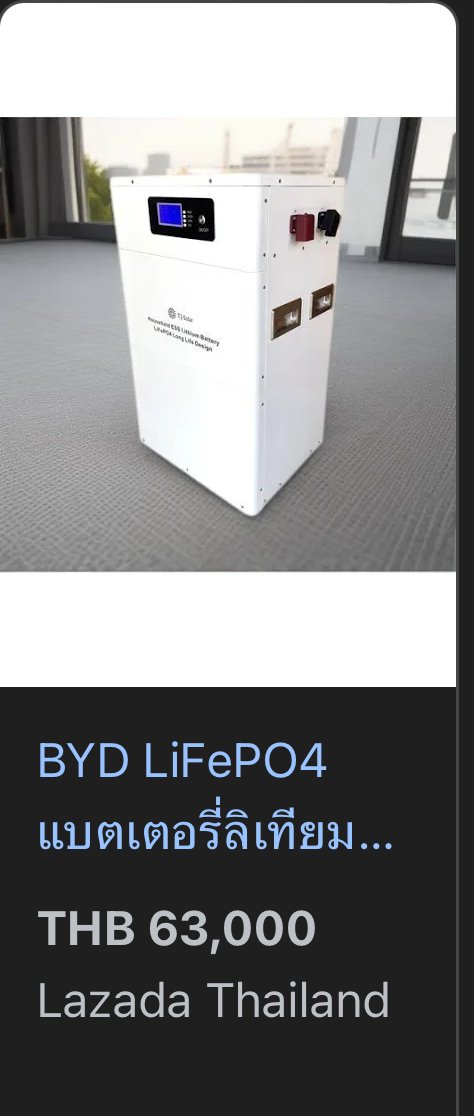

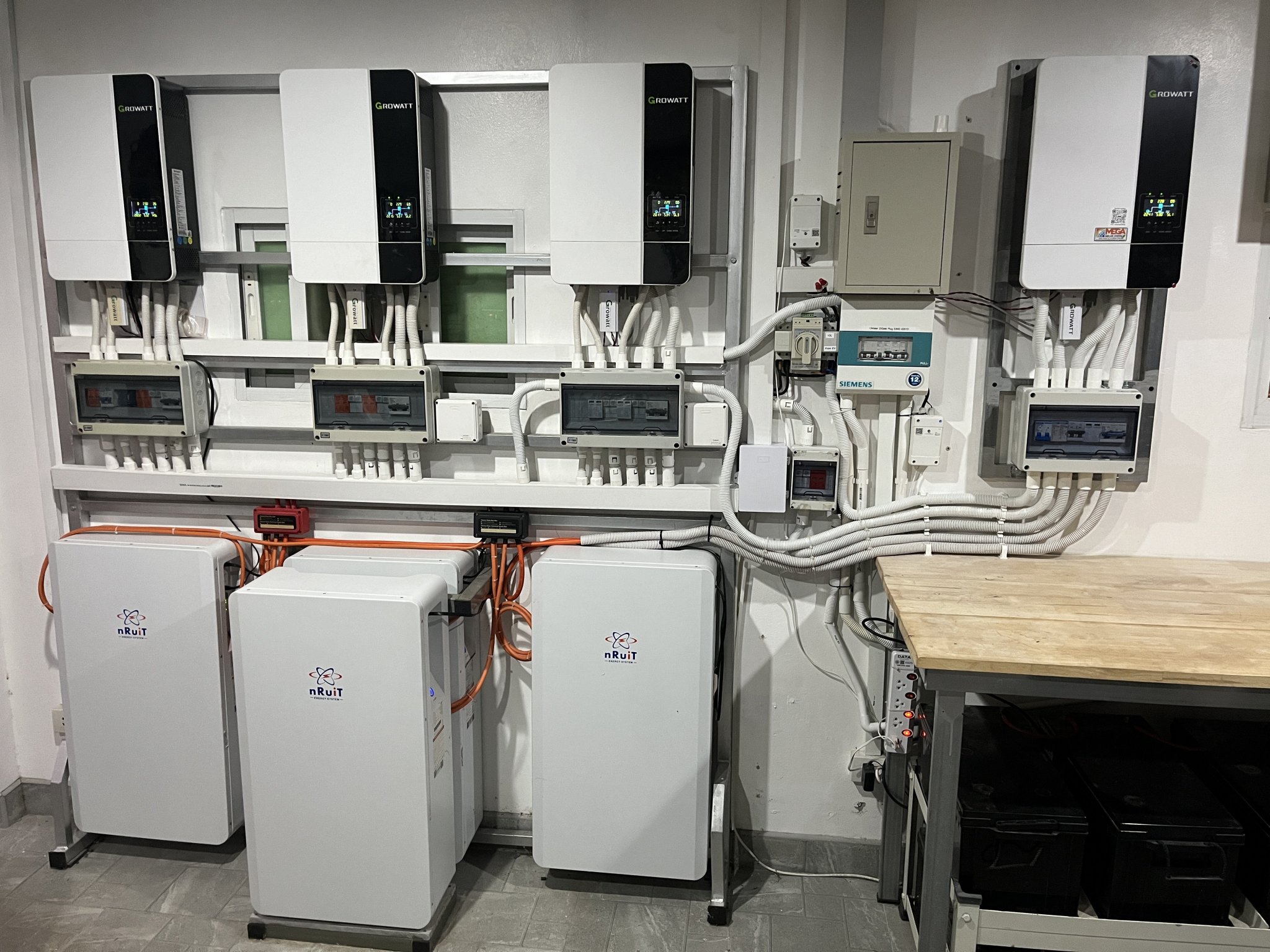
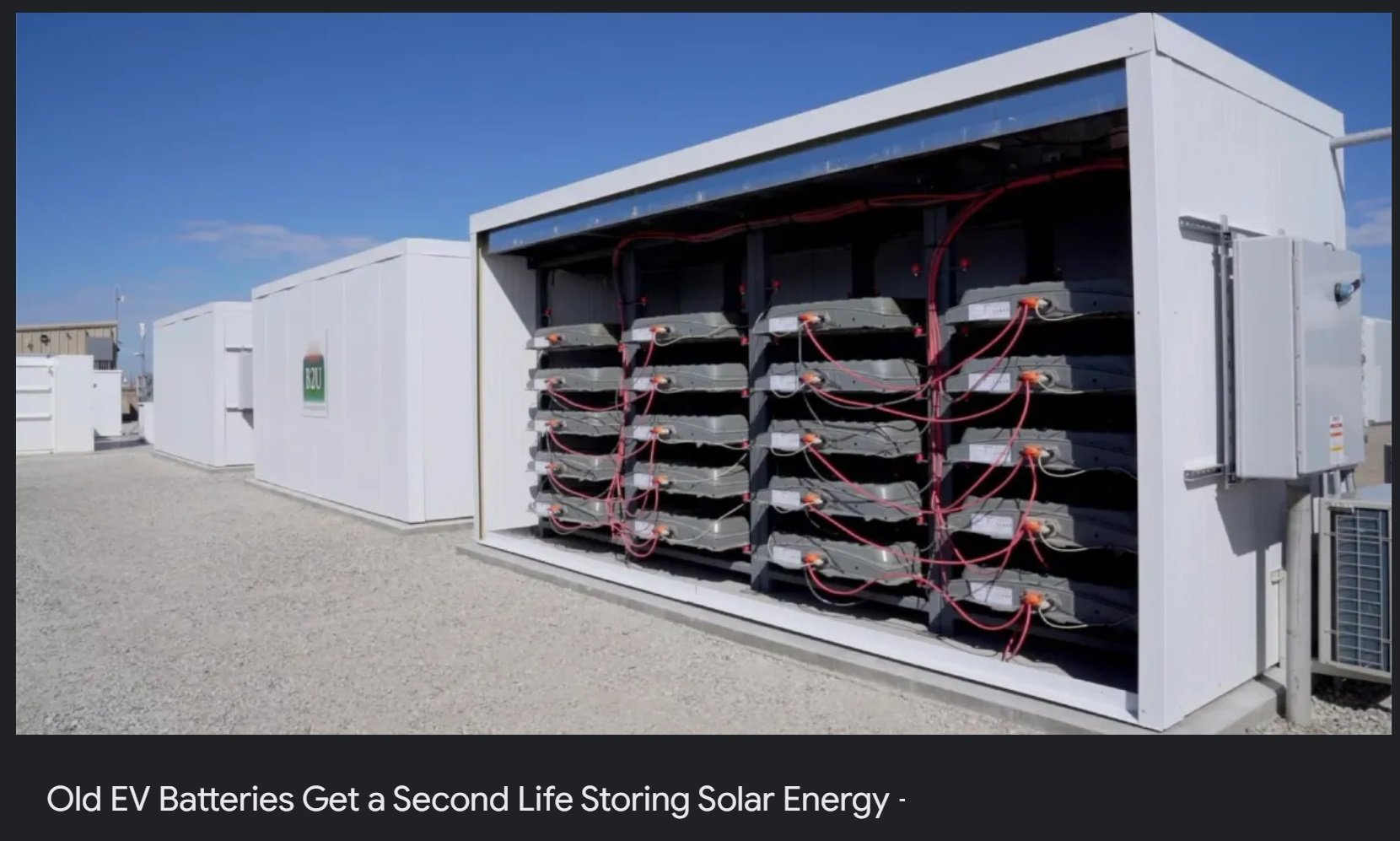

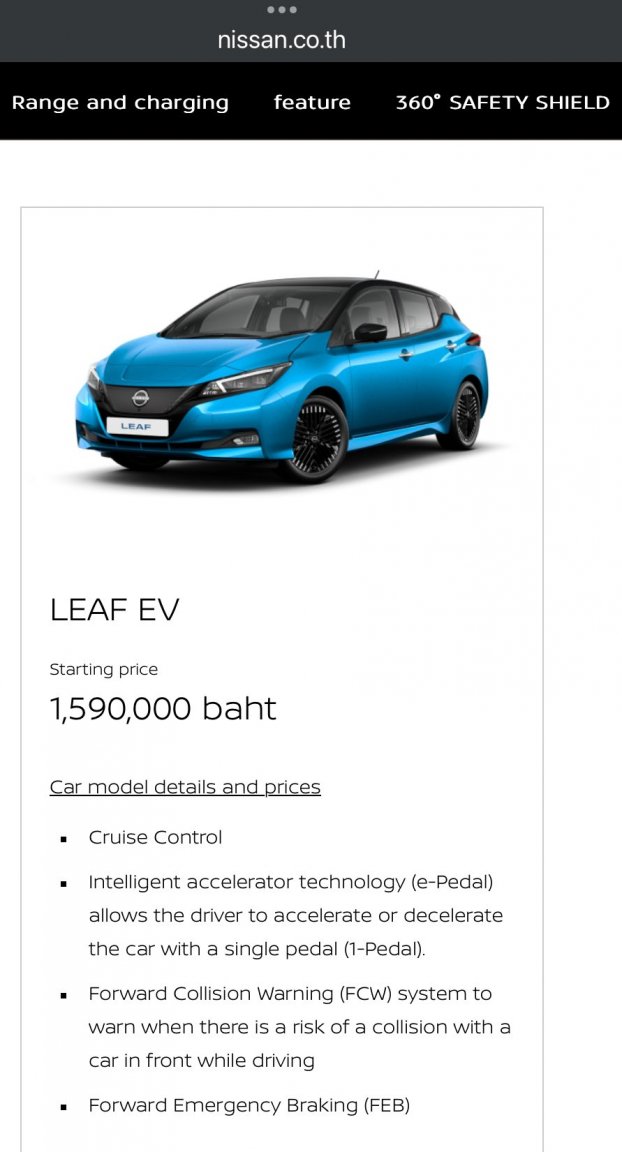







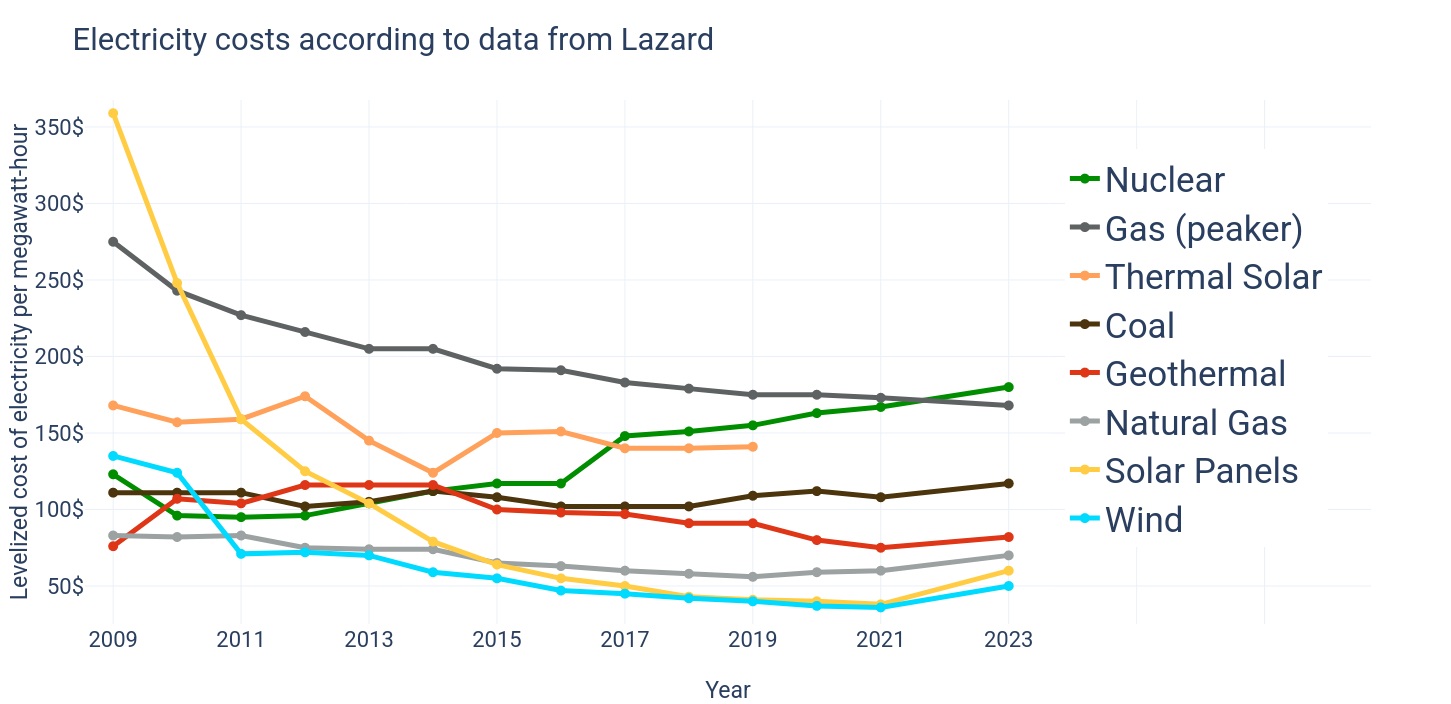
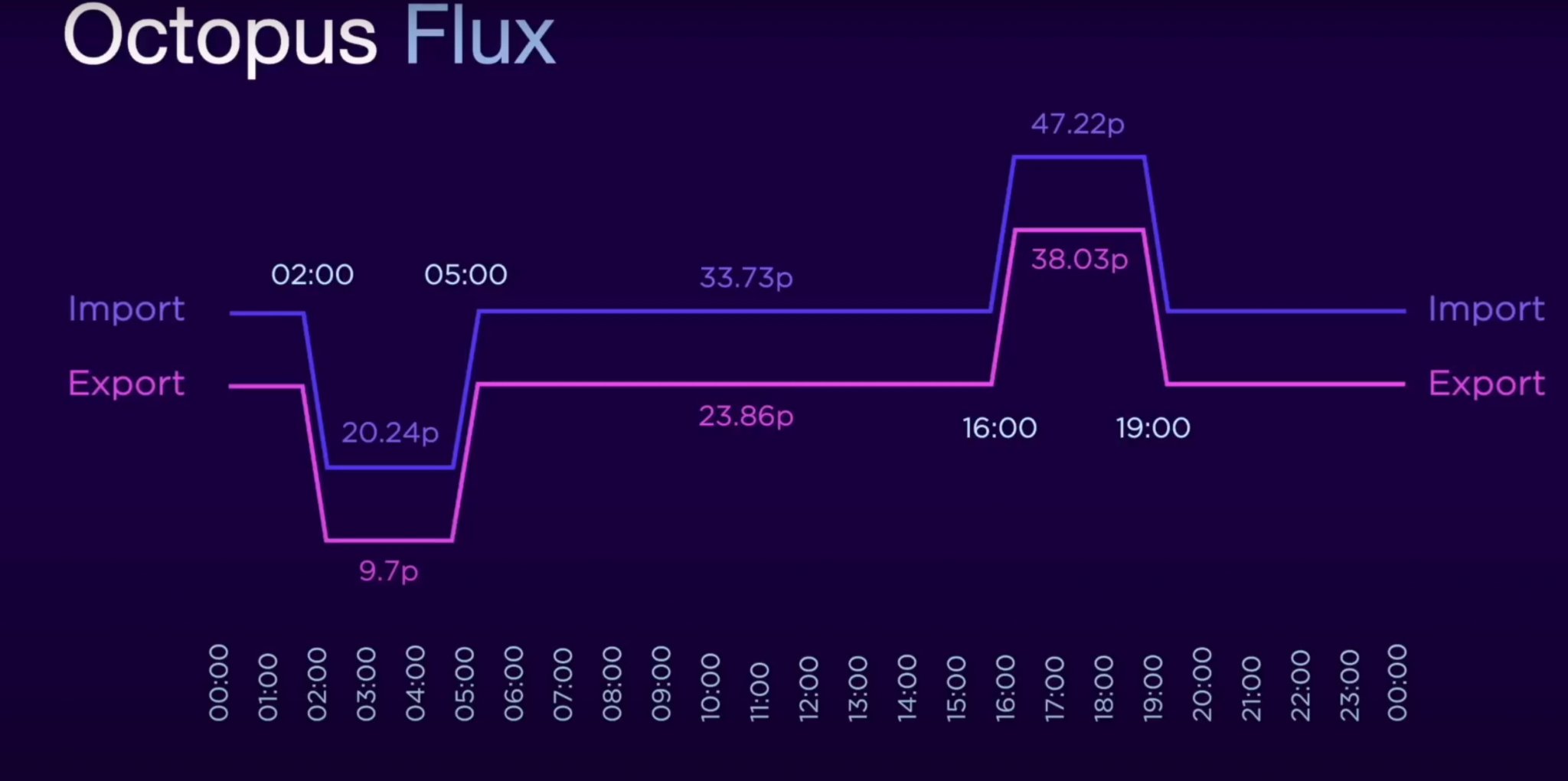
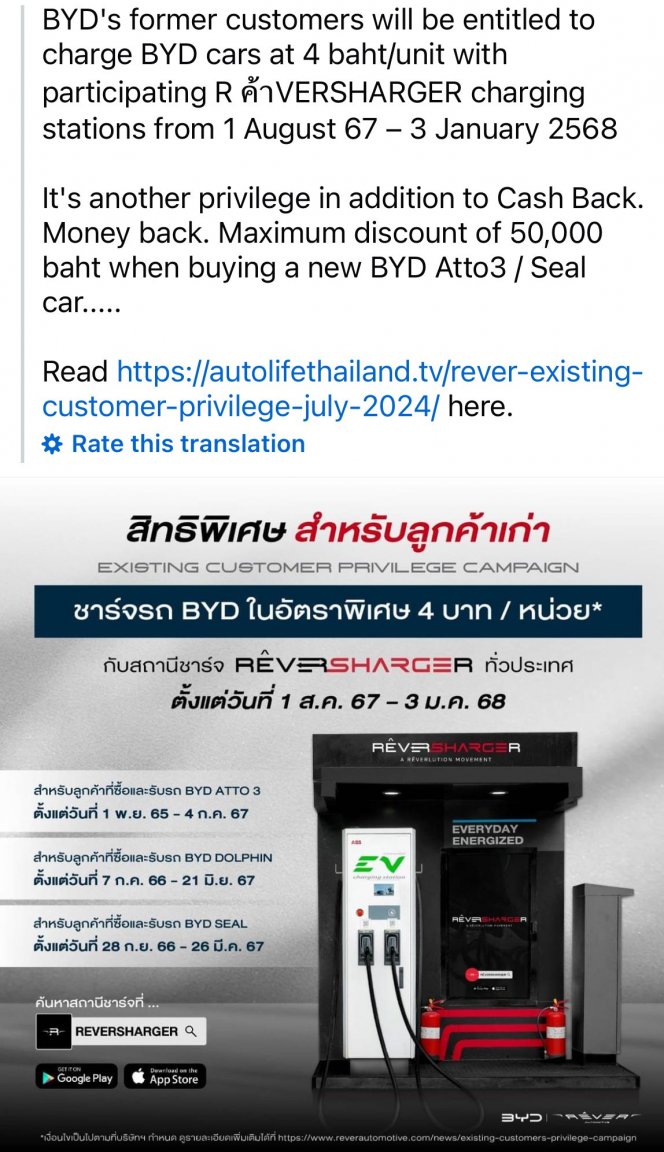
.jpg.b6c0df6f07c29af359241570cf4102a6.jpg)
